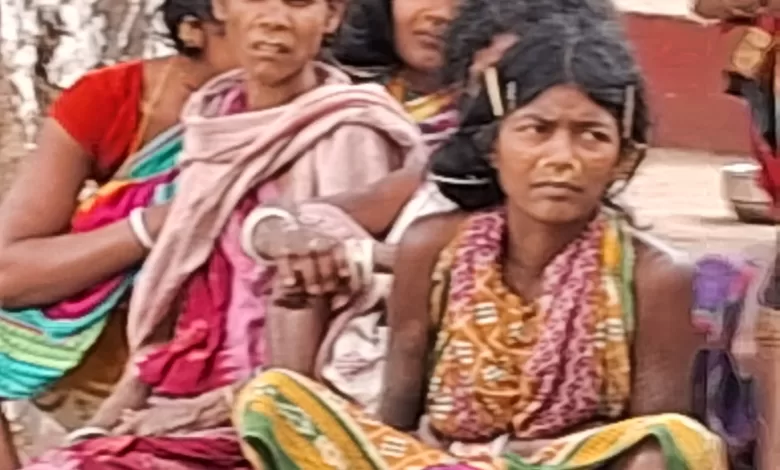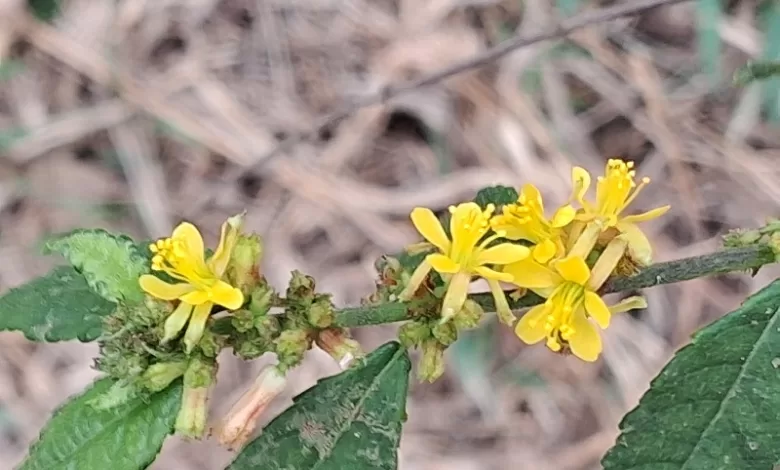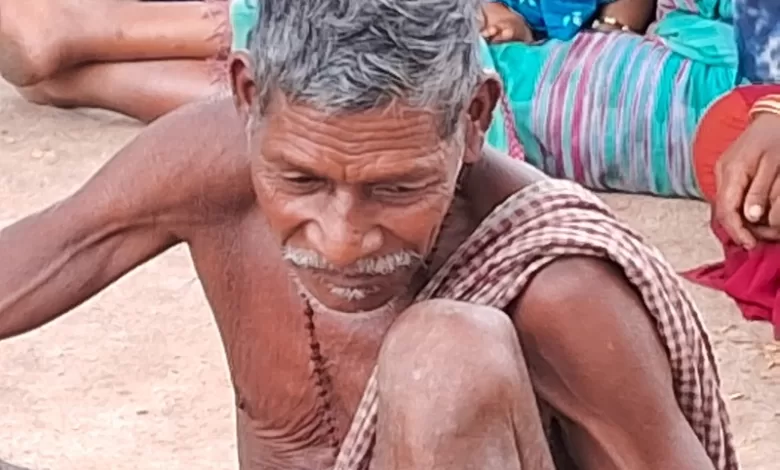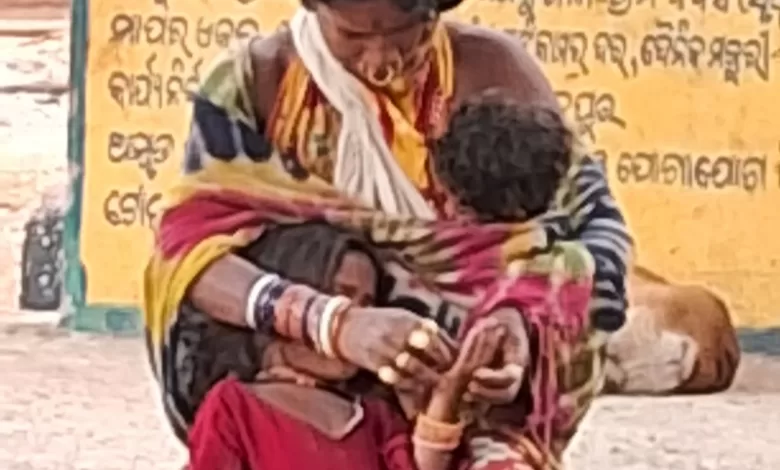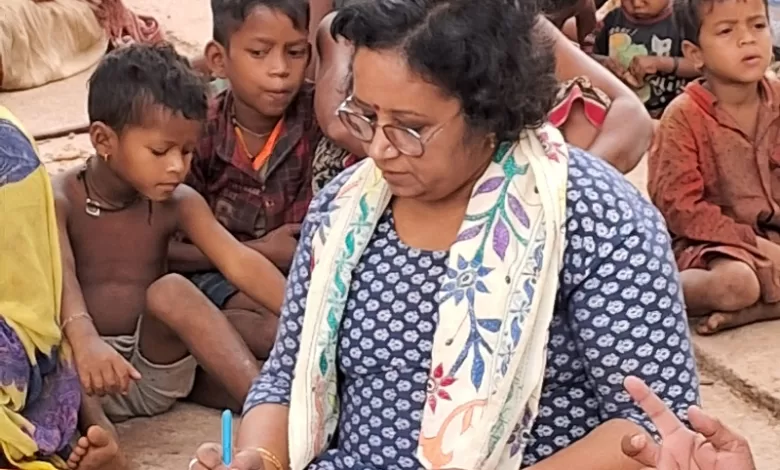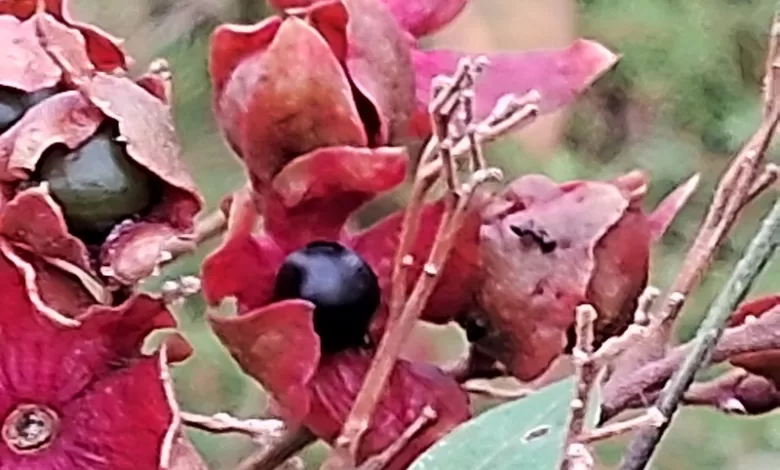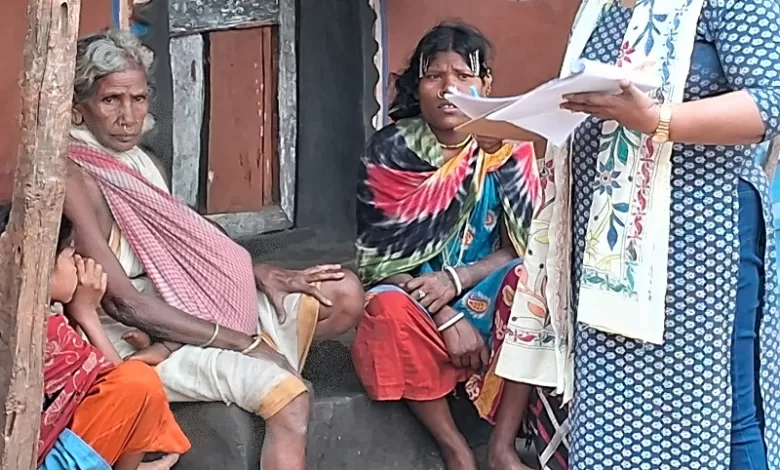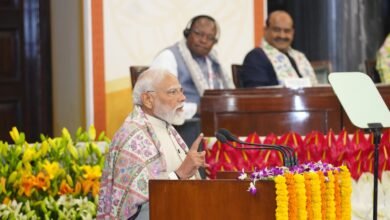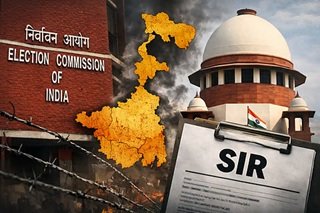Analysis /OpinionEnvironmentIndia
A ground breaking documentary about ethnic Dongriya Khond tribe
Howrah Suparna, an NGO based on Howrah district of West Bengal has recently conducted an extensive ground survey of medicinal plants and herbs across Odisha in eastern India.

Saikat Kumar Basu
Howrah Suparna, an NGO based on Howrah district of West Bengal has recently conducted an extensive ground survey of medicinal plants and herbs across Odisha in eastern India. The major focus was on identifying medicinal plants and herbs from the remote forests of Western Odisha across the Raigad and Kalahandi district including herbs, shrubs, trees and medicinal mushrooms. The ground level survey was rewarding in the sense many species were recorded and their corresponding conservation status are now being investigated in the lab. The comprehensive survey recorded around 250 plus species across Odisha.
Howrah Suparna, has also initiated a documentary movie under the direction of Sourav Sarkar who is working towards finishing a documentary on the socio-cultural, socio-economic and ethnographic elements of the local Dongriya Khond hunter gatherer primitive tribe from the Niyamgiri hills in Western Odisha. The documentary is highlighting on the tribal lifestyle, the role of the tribe in protecting the local forests, wildlife and biodiversity as well sustainable environment-friendly indigenous tribal technology important for their survival and sustenance.
Niyamgiri hill is famous for the buxite mine. About 11 years ago these tribal communities united to protest against the establishment of a giant bauxite mine here. The decision of the indigenous Gram Sabha to prevent the opening of the bauxite mine by the then Odisha government was supported by the apex court of the country. This movement was initiated by the tribals only, the Dongriya Khond. Hence the Niyamgiri is still maintaining it’s unique beauty and greenery which is the ultimate source of natural resources. The Secretary of Howrah Suparna, Prof (Dr.) Suparna Sanyal Mukherjee in the documentary has highlighted upon the plight of this forgotten primitive tribe and their local aspirations of socio-economic development from a purely tribal persoective. The documentary captures the life style, culture, economy, helplessness and the aspirations of the local tribal communities of the little known Niyangiri hills of Western Odisha. Both the producer and Director sincerely bekuve that this will catch thecatte toon of the audience as well as State and Central Governments for the improvement of the quality of life for the ethnic communities of the region.
Photo credit: Saikat Kumar Basu



